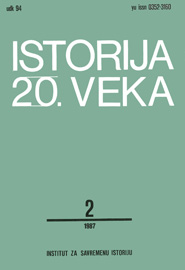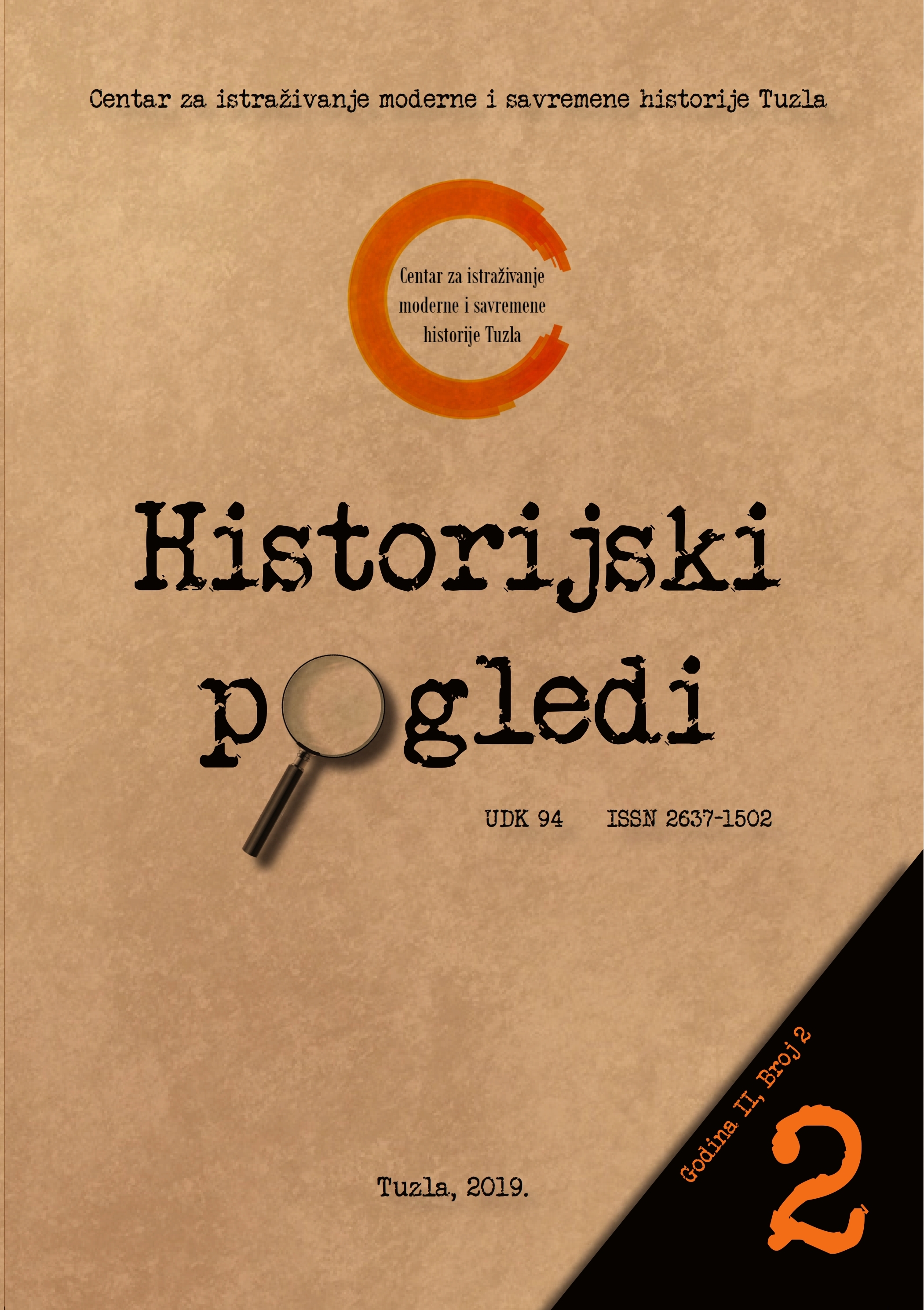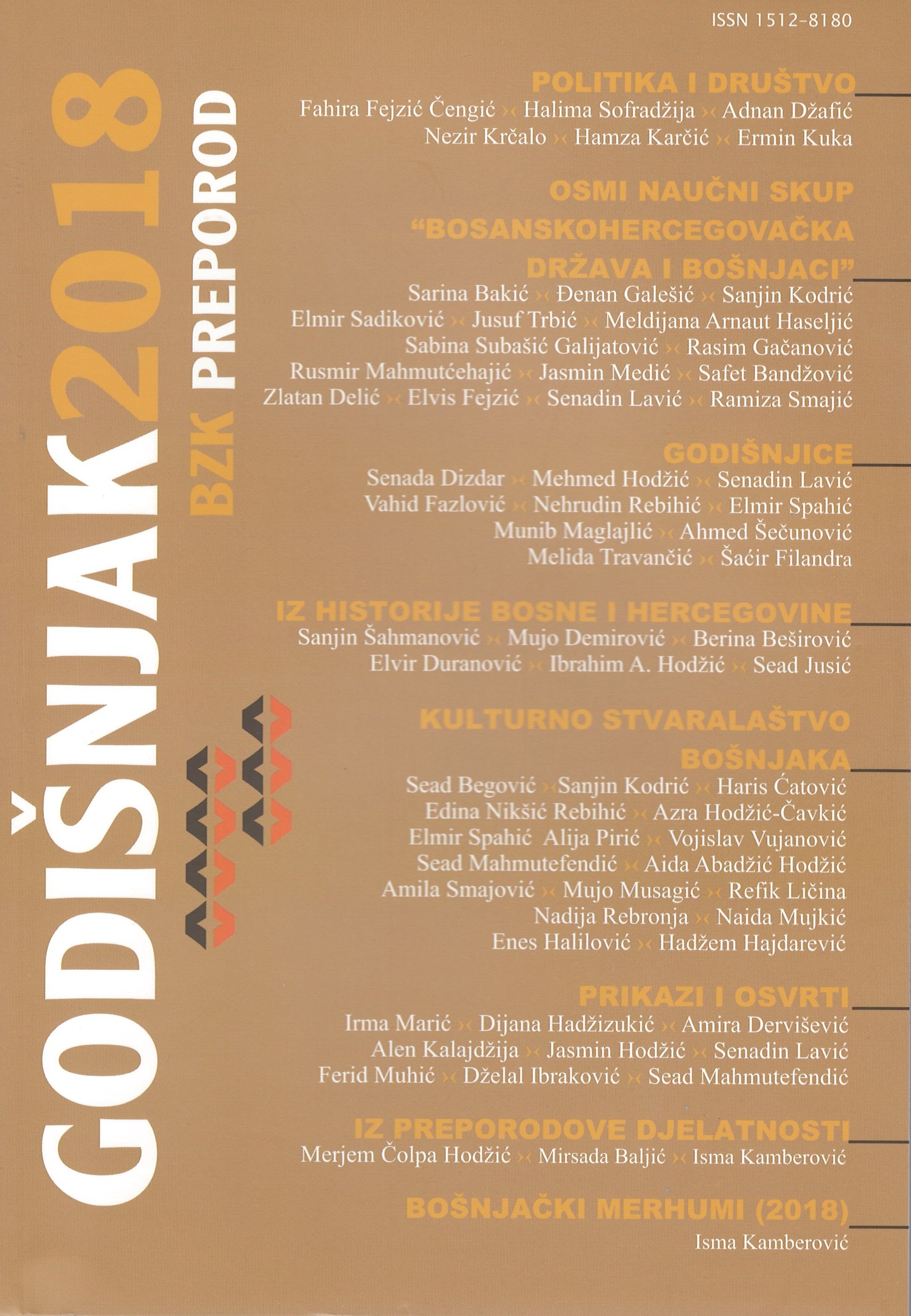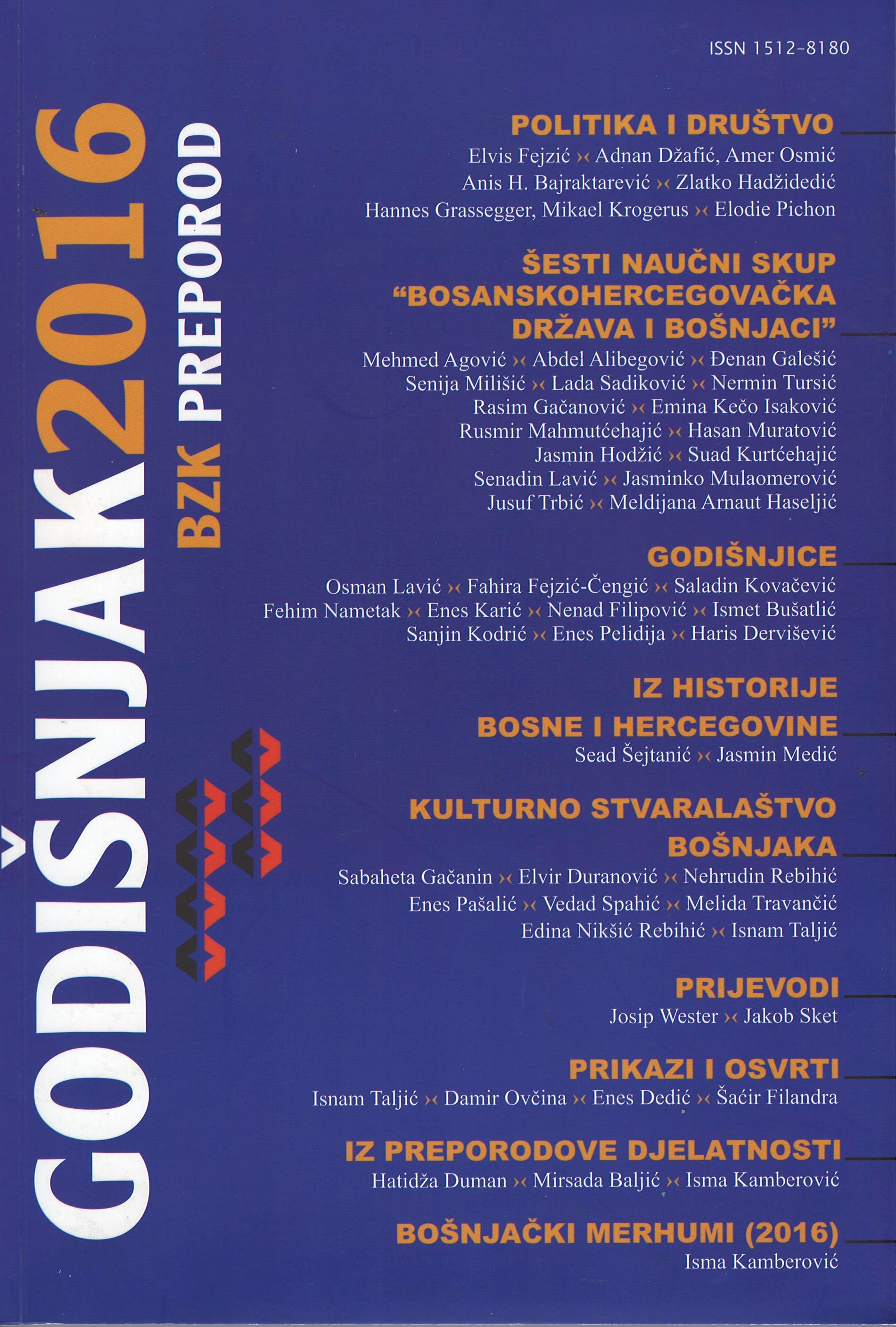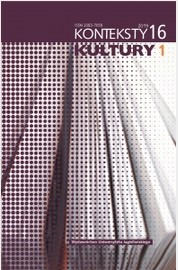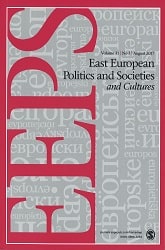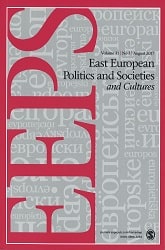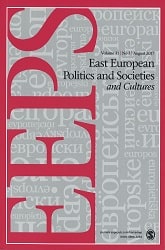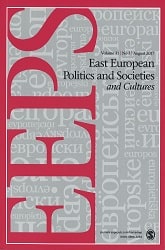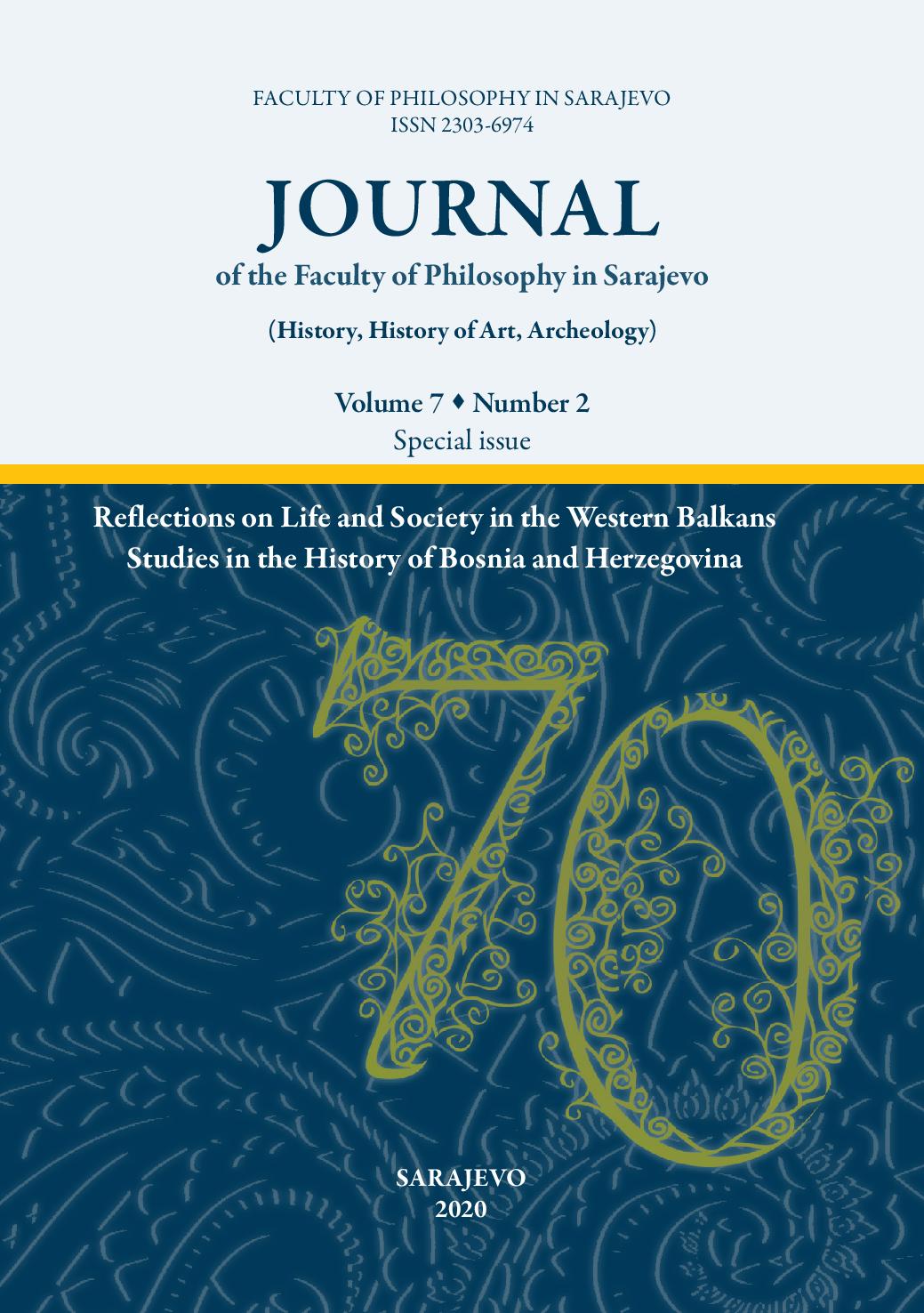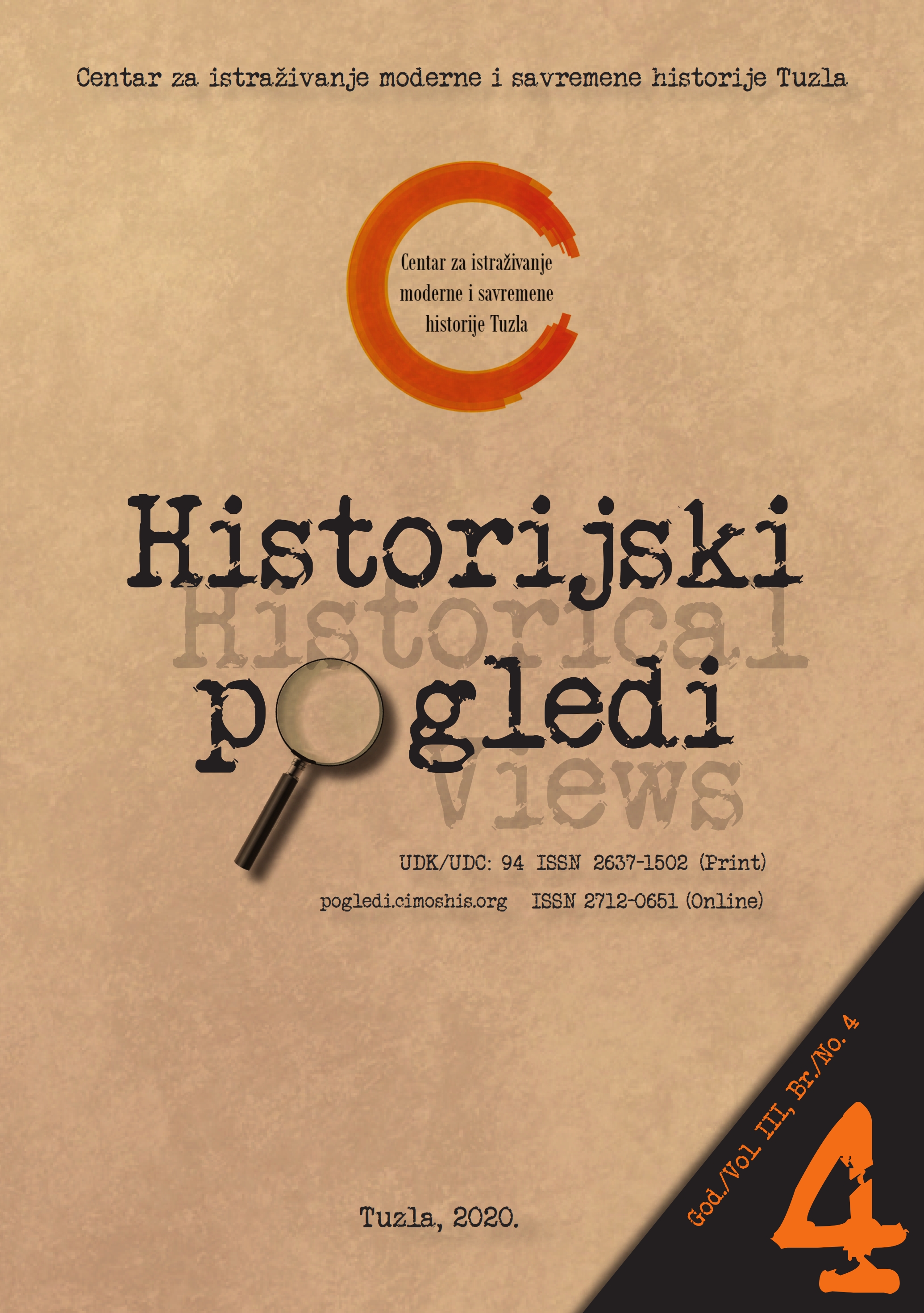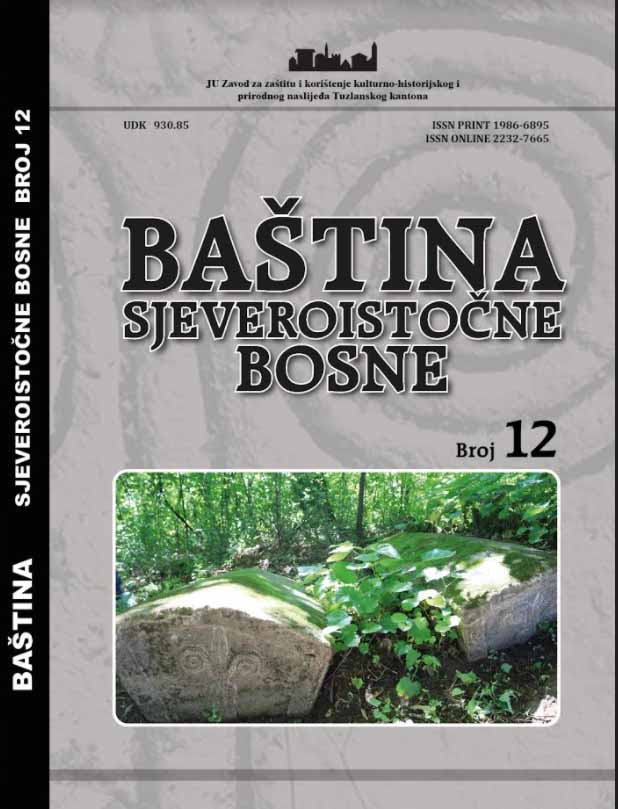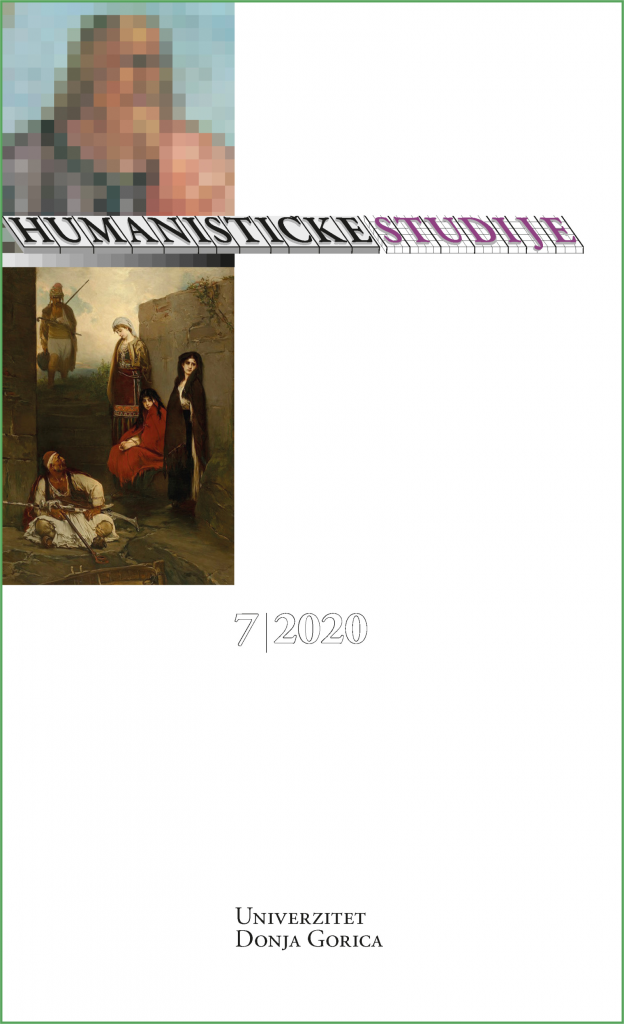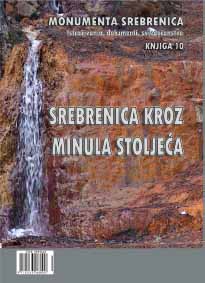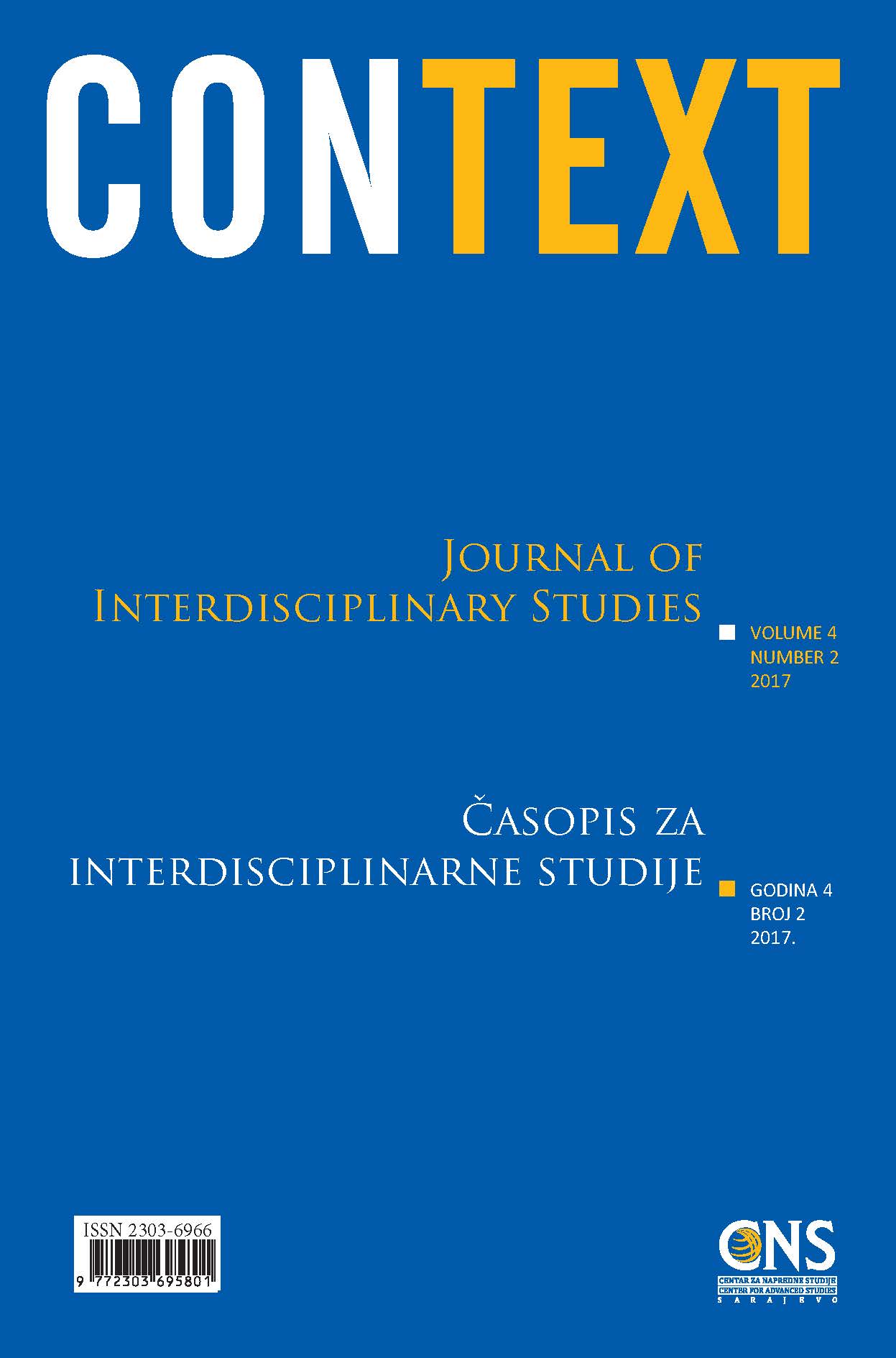Author(s): Meldijana Arnaut Haseljić / Language(s): Bosnian
Issue: 4/2020
The International Criminal Tribunal for the former Yugoslavia (ICTY / ICTY) has indicted Jadranko Prlić, Bruno Stojić, Slobodan Praljak, Milivoj Petković, Valentin Ćorić and Berislav Pušić. Indictees are charged with individual criminal responsibility (Article 7 (1) of the Statute) and criminal responsibility of a superior (Article 7 (3) of the Statute) for crimes against humanity: persecution on political, racial and religious grounds; killing; rape; deportation; inhumane acts; inhumane acts (forcible transfer); inhumane acts (conditions of detention); imprisonment, violations of the laws or customs of war: cruel treatment; cruel treatment (conditions of detention); illegal physical labor; reckless destruction of towns, settlements or villages, or devastation not justified by military necessity; destruction or willful damage to institutions dedicated to religion or education; looting of public and private property; unlawful attack on civilians (Mostar); unlawful terrorism of civilians (Mostar); cruel treatment (siege of Mostar), violations of the Geneva Conventions: willful deprivation of life; inhuman treatment (sexual abuse); unlawful deportation of civilians; illegal transfer of civilians; unlawful detention of civilians; inhuman treatment; inhuman treatment (conditions of detention); destruction of large-scale property that is not justified by military necessity, and was carried out illegally and recklessly; confiscation of property that is not justified by military necessity, and was performed illegally and ruthlessly. The trial began on April 26, 2006.The Trial Chamber's judgment of 29 May 2013 concluded that the conflict between the Croatian Army / Croatian Defense Council (HV / HVO) and the Army of the Republic of Bosnia and Herzegovina (ARBiH) was of an international character. The factual evidence unequivocally showed that HV forces fought together with HVO members against ARBiH, and that the Republic of Croatia exercised general control over the armed forces and civilian authorities of the Croatian Community/Croatian Republic (HZ/HR) of Herceg-Bosna. The Council also found that there was a joint criminal enterprise (JCE) with the ultimate goal of establishing a Croatian entity, partly within the 1939 Croatian Banovina, to enable the unification of the Croatian people. The ultimate goal was the annexation of this area to the territory of the Republic of Croatia in case of disintegration of the Republic of Bosnia and Herzegovina (which corresponded to great state claims), or alternatively to make this area an independent state within Bosnia and Herzegovina, closely connected with Croatia. As early as December 1991, members of the HZ Herceg-Bosna leadership (including Mate Boban, president of HZ/HR Herceg-Bosna) and Croatian leaders (including Franjo Tuđman, president of Croatia) assessed that in order to achieve the ultimate goal of establishing a Croatian entity it is necessary to change the national composition of the population in the areas that were calculated to be part of it. JCE participants knew that achieving this goal means removing the Bosniak population from the area of the so-called Herceg-Bosna and that it is in contradiction with the peace negotiations that were held in Geneva. Numerous crimes committed from January 1993 to April 1994 indicate an obvious pattern of behavior where the commission of a crime was the outcome of a plan prepared by JCE participants. The Trial Chamber found that all persons covered by the Indictment made a significant contribution to the implementation of the JCE and that their contribution indicated that they had the intent to pursue a common criminal purpose.Following consideration of the Appeals filed by the Prosecution and the Defense of the Convicts, the ICTY Appeals Chamber issued a final Judgment on 29 November 2017 against Jadranko Prlić, Bruno Stojić, Slobodan Praljak, Milivoj Petković, Valentin Ćorić and Berislav Pušić, declaring them liable for the joint criminal enterprise in Bosnia and Herzegovina. This appellate judgment upheld the convictions handed down by the ICTY Trial Chamber in May 2013. In addition to participating in a joint criminal enterprise, the Appeals Chamber upheld responsibility for killings, persecution on political, racial and religious grounds, deportations, unlawful detention of civilians, forced labor, inhumane acts, inhumane treatment, unlawful and wanton destruction of large-scale property not justified by military necessity, destruction or willful damage to institutions dedicated to religion or education, unlawful attacks on civilians and unlawful terrorism of civilians, and individually for rape and sexual abuse. The verdict confirmed that the participants from Croatia in the joint criminal enterprise were Franjo Tudman, Janko Bobetko and Gojko Šušak. From the presented evidence it was concluded that the leaders of HZ/RHB, including Mato Boban, and the leaders of the Republic of Croatia, including Franjo Tudjman, in December 1991 assessed that the long-term political goal was to achieve the unification of the Croatian people entities, within the borders of the Banovina of Croatia from 1939, it is necessary to carry out “ethnic cleansing” in the territories that were claimed to belong to the HZ/RHB. Evidence confirms that a joint criminal enterprise has been established to achieve the political goal. In this context, it was established that Franjo Tudjman advocated the division of Bosnia and Herzegovina between Croatia and Serbia by annexing part of Bosnia and Herzegovina to Croatia or, if this was not possible, by establishing an autonomous Croatian territory that would be closely connected with Croatia. Prlić, Stojić, Praljak, Petković, Ćorić, and Pušić were convicted of crimes against humanity, violations of the laws or customs of war and grave breaches of the Geneva Conventions, specifically murder, willful deprivation of life, persecution on political, racial and religious grounds, deportation, unlawful detention of civilians, forced labor, inhumane acts, inhuman treatment, unlawful and wanton destruction of large-scale property not justified by military necessity, looting and confiscation of public and private property under the third category of liability for participation in JCE destruction or intentional infliction damage to institutions dedicated to religion or education, unlawful attacks on civilians and unlawful terrorism of civilians. In addition, Prlić, Stojić, Petković and Ćorić were convicted of rape and inhuman treatment (sexual abuse). Ćorić was additionally convicted for several crimes for which he is responsible as a superior.
More...
